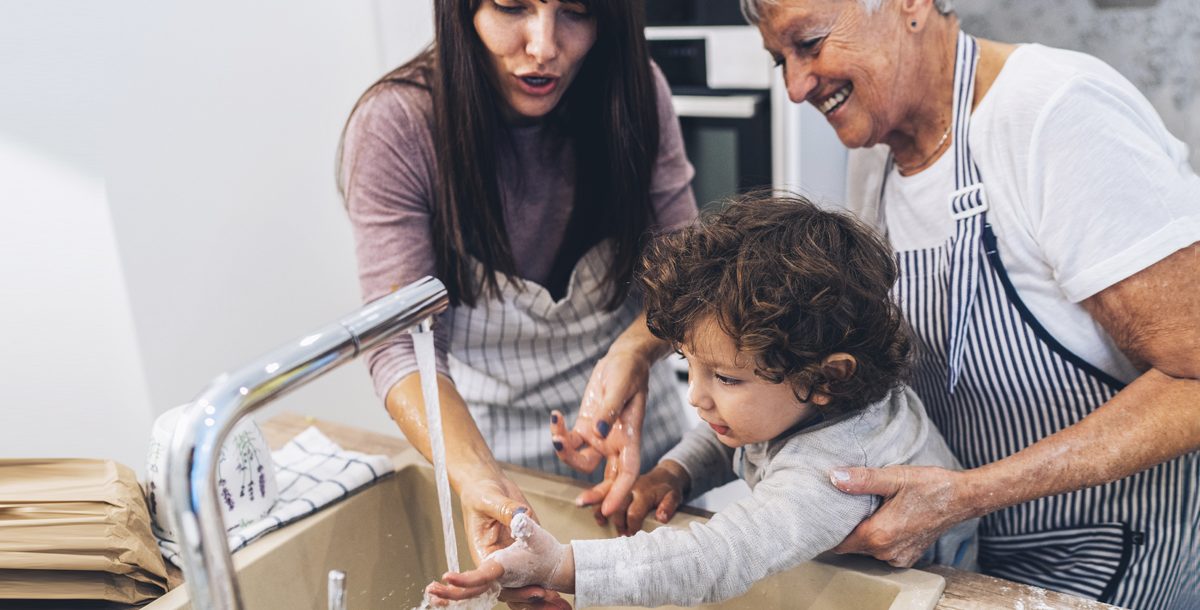The utmost concern about COVID-19 in many families is how to protect their more vulnerable family members.
Right now, the best way for you to care for yourself and your family is to keep informed and calmly follow guidelines shared by reliable sources.
Guidelines for COVID-19 prevention
The Centers for Disease Control and Prevention (CDC) is offering practical suggestions to help you plan ahead and protect both yourself and family members from COVID-19.
There is no vaccine to prevent sickness from the virus, so the CDC is emphasizing that the best way to stay well is to avoid being exposed.
Here are some ways you can avoid or minimize exposure to COVID-19:
- Clean your hands frequently. Ideally, use soap and water and wash your hands for at least 20 seconds. If you can’t do that, the CDC recommends using a hand sanitizer containing at least 60% alcohol.
- Do not touch your eyes, nose or mouth with unwashed hands.
- If there are cases of COVID-19 in your community, practice social distancing (avoid being close to others when you go out).
- Children and teenagers in your household should avoid gathering at the mall or other public places.
- Use a regular household cleaner to clean and disinfect any objects and surfaces you touch often.
- Follow public health advice about crowd avoidance, school closures and other social distancing measures.
- You don’t need a facemask if you’re healthy, unless you are taking care of someone who is sick AND who cannot wear a mask.
If you have symptoms of illness, follow several additional precautions:
- Don’t leave home unless you need medical care.
- Follow local guidelines for COVID-19 screening and testing.
- Use a tissue to cover your sneeze or cough, then throw it away.
- Clean your hands right after you cough or sneeze.
- Wear a facemask if you need to be around others (in the same room or vehicle), and BEFORE you go into a health care provider’s office.
How to plan ahead for COVID-19
Some people are more likely to develop serious complications if they get sick from COVID-19. People at higher risk include older adults and individuals with chronic underlying health conditions like diabetes, heart disease or lung disease.
If anyone is your household is at higher risk, follow these additional precautions.
- Avoid crowds.
- Have access to several weeks of medications and supplies.
- Create a household plan of action.
Stay updated on what Bon Secours is doing related to COVID-19.





